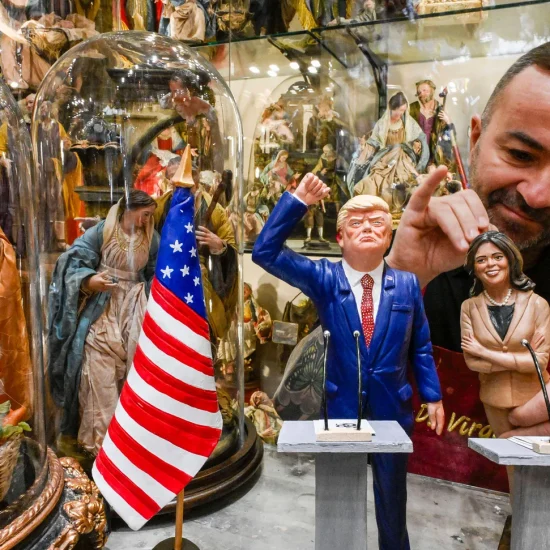Word&Way Editor
You may have the power to reverse the disability of another person or perhaps several people. You may have life-and-death power over individuals you don’t even know.
 Thoughtful discussions and decisions about potential organ and tissue donation help surviving family members answer with certainty the question, “Will you allow your deceased loved one’s organs to be made available to people who are awaiting transplants?”
Thoughtful discussions and decisions about potential organ and tissue donation help surviving family members answer with certainty the question, “Will you allow your deceased loved one’s organs to be made available to people who are awaiting transplants?”
The answer may mean the difference between others living with disabilities or not. It could mean the difference between life or death for others. A “no” response might mean one or more people will die before healthy transplant organs or tissue become available.
Organs that may be donated include the heart, kidneys, pancreas, lungs, liver and small intestine. Eligible tissue includes cornea of the eyes, skin, bone, bone marrow, heart valves, blood vessels and tendons. Some of these may be donated by a living donor.
By its nature, that question about donating a loved one’s tissue and organs — asked literally at the time of a person’s death — is not easily made. It is a question posed when shock and grief make sorting out such decisions very difficult. If the deceased loved one has stated her (or his) desires ahead of time, a family member can respond with the confidence that she is carrying out a loved one’s wishes.
Most people know or know about someone who needs an organ transplant. They have a vested interest in others signing their driver’s licenses and/or carrying a donor card, adding their intent on a state organ donor registry and communicating their end-of-life desires to other family members. A person’s interest is further heightened if the person needing a life-saving transplant is a spouse, parent, grandparent, sibling, son, daughter or other relative.
People of faith have been at the forefront in urging caution and encouraging ethical considerations about medical breakthroughs and medical research. Such concerns continue to be raised in discussions on research involving cloning and stem cells — and rightly so.
But, those who express such reservations should be the first in line to make a decision during life to become an organ donor after they are gone. Nothing in the Bible forbids organ donation, for instance. And the procedure certainly satisfies the biblical admonition to be a good neighbor. The organs and tissue of a deceased loved one can live on in others without any stigma about what might be regarded as unethical and/or controversial treatment.
This matter is urgent.
Under perfect circumstances, there would be no “waiting” lists. Potential recipients are placed in priority order, with the highest priority given to those whose need is greatest or more immediate. But then the waiting begins, even though everyone on a given transplant list would benefit from a transplant right then.
Sadly, many potential organ/tissue recipients die without receiving a life-extending organ. Those numbers could easily be reduced.
Having to wait has other dangers. A body weakened by a poorly functioning or non-functioning organ may be more susceptible to other medical conditions, such as infections. Many such conditions have to be resolved before surgeons can move forward with the needed transplant. In fact, a patient may be at least temporarily removed from the transplant list.
In short, the longer the wait, the greater the odds that other medical complications will further delay a transplant. These patients face a medical “Catch-22.”
The remedy? More and more people need to make the organ donation decision for themselves — now. Take every step to make that decision known to family members. The information in organ donor registries is accessible to hospitals. If you are in the registry, hospital personnel can inform your survivors of your intent to donate your organs. A shortage of healthy donated organs is a solvable problem.
For more information, call the Missouri Department of Health and Senior Services toll-free at 888-497-4564. Or go to www.dhss.mo.gov/OrganDonor.
To register in Missouri, visit the Missouri Organ Donor Registry at www.missouriorgandonor.com or phone 888-497-4564. For information on how to enroll in other states, visit www.donatelife.net.
Save a life, perhaps several. Decide to be an organ or tissue donor when you die. Before that, consider forms of donation that can help save lives now, including being a frequent blood donor.
Bill Webb is editor of Word&Way. April is National Donate Life Month.






